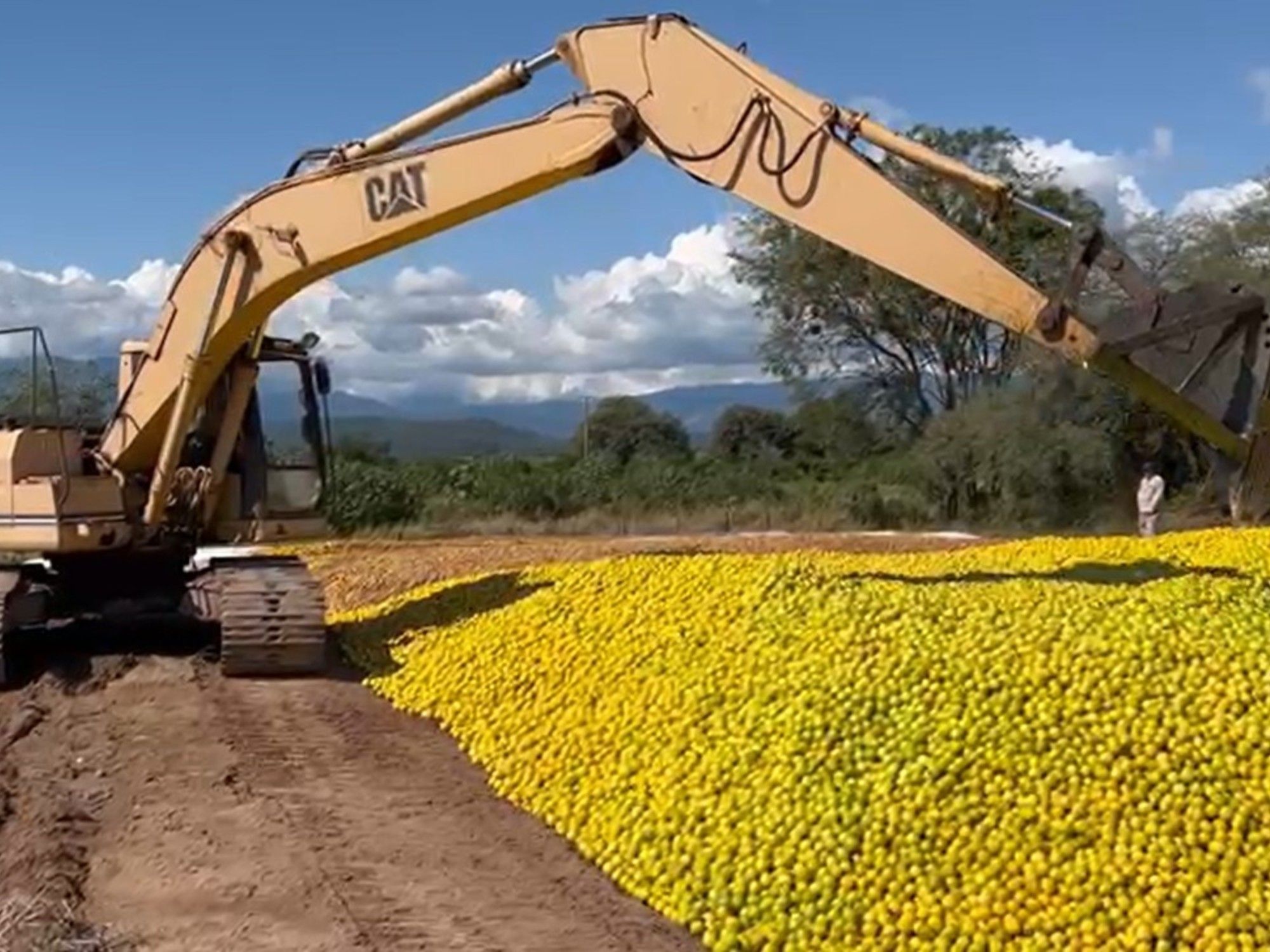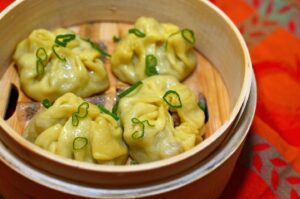
In the heart of the province of Tucumán, the Argentine lemon industry flourishes with a vitality that reflects the country’s agricultural potential. This region, known for its favorable climate and fertile soil, has become a center of lemon production, with Grupo Ruiz standing out as one of the main drivers of this prosperous sector.
Since its foray into the industry in 2016, Grupo Ruiz has quickly charted a path of success and growth in the production and export of lemons, consolidating itself as a key player in the global market.
Its commitment to quality, sustainability and innovation has been fundamental to its rise in the industry, while its presence in the region has contributed to the economic and social development of local communities.
The lemon industry in Argentina, particularly flourishing in the province of Tucumán, is another example of the country’s agricultural power and its ability to significantly influence the global market.
Tucuman: the citrus jewel of Argentina
Nestled in the northwest of Argentina, Tucumán, is the leading region in lemon production in the country. The province’s fertile soil, along with an ideal climate and abundant water resources, has fostered an environment where lemon cultivation thrives.
Accounting for more than 80% of Argentina’s lemon production, Tucumán has become a critical center for the industry, whose products are valued worldwide for their quality, flavor and aroma.
Annually, Argentina produces approximately 1.5 to 1.7 million tons of lemons, with Tucumán contributing the majority. This remarkable performance has not only met domestic demand but has also propelled the country to the forefront of the international market, making it one of the leading exporters of lemons globally.
The industry’s success is attributed to the joint efforts of local farmers, agricultural scientists, and business conglomerates like Grupo Ruiz, who have collectively pushed the boundaries of agronomy and market strategy.
Ruiz Group: pioneer of sustainable growth
Grupo Ruiz, a conglomerate based in Tucumán, has played a substantial role in shaping the trajectory of the lemon industry. With a diversified portfolio that includes agriculture, sugar industries, and others, the company has significantly impacted the economic landscape of northwest Argentina.
Its commitment to the export of high-quality agricultural products, especially lemons and grains, underscores the broader strategy of harnessing Argentina’s natural advantages for sustainable economic development.
Founded on principles such as responsible competitiveness, sustainability and social responsibility, Grupo Ruiz represents modern agribusiness, balancing profit with planet and people. Their approach to growing and exporting lemons, focused on environmental sustainability and community development, shows a model for others in the industry to follow.
Through the implementation of environmentally friendly agricultural practices, such as efficient water use and integrated pest management, Grupo Ruiz has demonstrated that it is possible to achieve economic growth without compromising natural resources.
In addition, the company has been a pillar in the development of local communities, investing in educational, health and job training programs. This investment in human capital has led to employment opportunities and improved the quality of life for local residents, which in turn has strengthened the skilled labor base necessary to maintain the industry’s competitiveness.
Economic impact and global presence
The economic implications of lemon exports are profound, extending far beyond the orchards of Tucumán. These exports have become a vital source of foreign currency, contributing significantly to Argentina’s trade balance. According to recent data, lemon exports generated more than $600 million in revenue for the country in 2022, which represents a considerable increase compared to previous years.
Additionally, the industry has driven the creation of thousands of jobs, from field workers to export specialists, thus fostering community resilience, especially in rural areas. It is estimated that the lemon sector directly or indirectly employs more than 50,000 people in the Tucumán region, providing a crucial economic boost to this northwestern Argentine province.
Argentine lemons have found their way into various markets across the globe, with the United States, the European Union and China being some of the primary destinations. The adaptability of Argentine lemons, suitable for both direct consumption and processed products such as juices and essential oils, has expanded their appeal in international markets. Additionally, the growing demand for organic and sustainable products has given Argentine lemons a competitive advantage in some of these international markets.
Sustainability and Innovation: keys to future prosperity
As global demand for sustainable and organic products increases, the Argentine lemon industry, led by pioneers like Grupo Ruiz, is well positioned to capitalize on this trend. Investments in research and development, aimed at improving lemon varieties and cultivation techniques, are poised to improve yields and environmental sustainability.
For example, the development of new varieties of lemons that are disease-resistant and have higher nutrient content is an avenue to explore, increasing the appeal of these products to health-conscious consumers. Additionally, innovative growing techniques, such as precision agriculture and smart irrigation systems, are being explored to optimize resource use and minimize environmental impact.
These innovations are crucial to maintaining Argentina’s competitive advantage in the global market and ensuring the long-term sustainability of the industry. Furthermore, adopting sustainable practices not only benefits the environment, but can also open new market opportunities for Argentine products, as consumers increasingly look for planet-friendly options.
The future of the industry also depends on expanding into new markets, particularly in Asia and Africa, where demand for citrus products is increasing. Exploring these markets could diversify Argentina’s export destinations, reducing dependence on traditional markets and mitigating risks associated with global trade fluctuations.
Ruiz Group: engine of the sugar industry
Challenges and opportunities
Despite its successes, the lemon industry faces challenges, including climate change, which threatens to disrupt traditional growing seasons and water availability.
The effects of climate change, such as prolonged droughts and irregular weather patterns, could have a significant impact on lemon production in Tucumán. To face this challenge, continuous investment in research and development is required to have new, more resistant varieties and cultivation techniques that can be adapted to new climatic conditions.
However, despite these challenges, the lemon industry in Argentina is well positioned to take advantage of emerging opportunities. The growing awareness of the importance of sustainability and quality in the global food supply chain offers an ideal platform for Argentine lemons, which already have an established reputation for excellence.
With a solid foundation of research, innovation and commitment to sustainable agricultural practices, led by key players such as Grupo Ruiz, the lemon industry in Argentina is not only prepared to face future challenges, but also to remain a leading force in the market. global citrus products.

Journalist and passionate about the Asian world.
Source: https://reporteasia.com/economia/2024/04/17/boom-citrico-argentina-grupo-ruiz-industria-limon/

